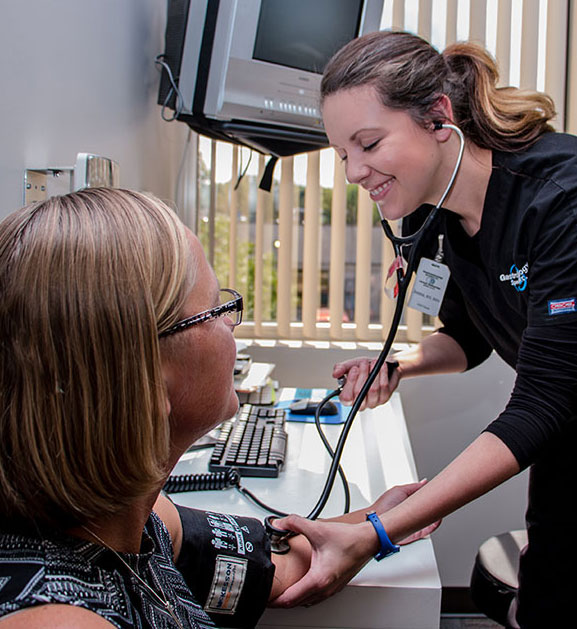A study touting the benefits of colonoscopy received significant coverage, with the findings discussed on two national television news broadcasts, and in several online and print sources. Most sources portrayed the finding as confirmation of the screening tool’s ability to prevent colon cancer deaths, although some experts were skeptical of the findings. The CBS Evening News (2/22, story 10, 0:20, Pelley) reported, “You already know that colonoscopies are an important screening tool for cancer, but today we learned just how important.”
NBC Nightly News (2/22, story 7, 0:25, Williams) reported that research published in the New England Journal of Medicine (NEJM) indicates that “colonoscopies do save lives.”
In a front-page story, the New York Times (2/23, A1, Grady, Subscription Publication) reports, “A team of researchers…followed 2,602 patients who had adenomatous polyps removed during colonoscopies from 1980 to 1990.”
Bloomberg News (2/23, Langreth) reports, “Through the end of 2003, 1,246 of the patients who had adenomas removed had died.” Just “12 of those deaths were from colon cancer, far lower than the 25.4 colon cancer deaths that would have been expected in otherwise similar patients in the general population, according to the study results.”
The ABC News (2/23, Adams) “Medical Unit” blog reports, however, that “Dr. Rita Redberg of the University of San Francisco, editor of the journal Archives of Internal Medicine, was less impressed by the new study.” Dr. Redberg “said a major shortcoming of the study was that it did not factor in the so-called ‘healthy user effect.'” Additional physicians “contacted by ABC News agreed that it is difficult to make any conclusions from the study at hand.”
Colonoscopies May Be Better Than Blood Stool Test For Finding Advanced Polyps. The AP (2/23, Chang) reports that a separate study published in the NEJM “found that colonoscopies did a better job of finding polyps than another common screening tool – tests that look for blood in stool.” Investigators looked at data on approximately 53,000 individuals who underwent either a “colonoscopy or a blood stool test.”
HealthDay (2/23, Salamon) reports that the researchers “found that fecal immunochemical testing (FIT)…yielded similar detection rates as colonoscopy in finding cancerous lesions. However, colonoscopy detected more advanced polyps than FIT, though more people opted to participate in fecal testing.” Also covering either one or both of these studies are the Wall Street Journal (2/23, Winslow, Subscription Publication), the Los Angeles Times (2/23, Brown) “Booster Shots” blog, Reuters (2/23, Emery), WebMD (2/23, Boyles), Medscape (2/23, Waknine), and MedPage Today (2/23, Gever).


